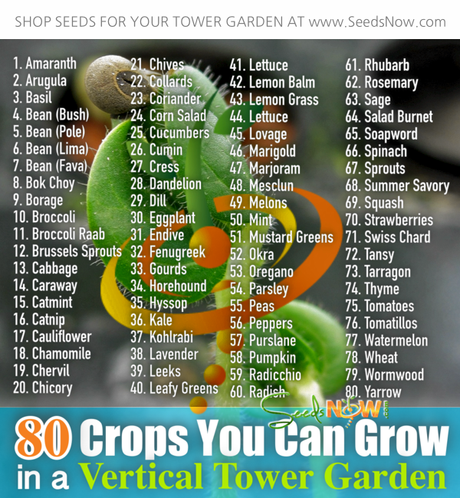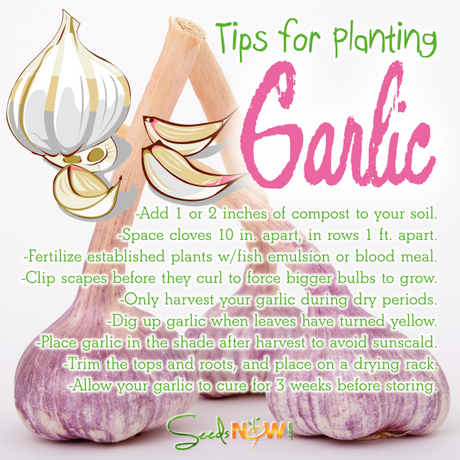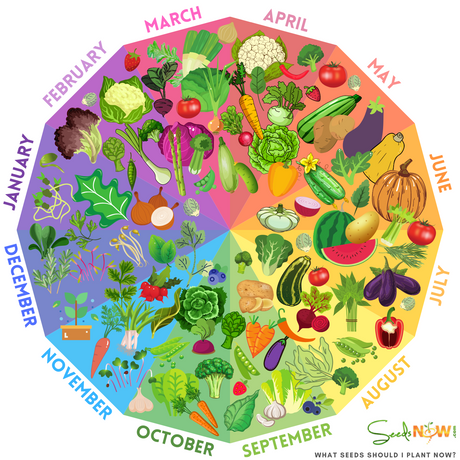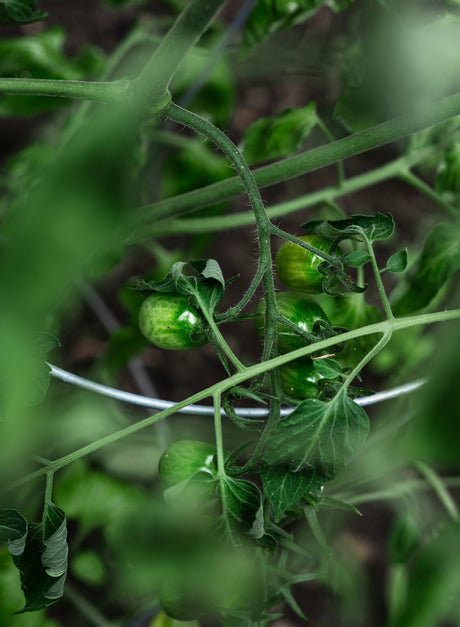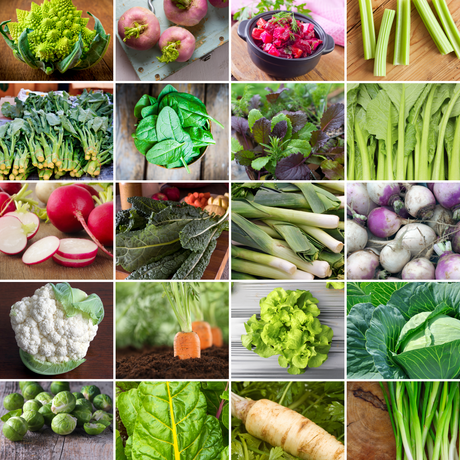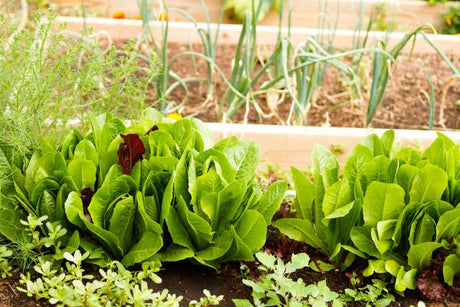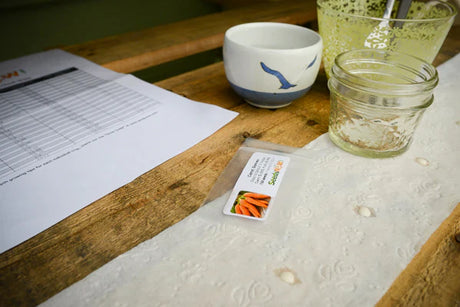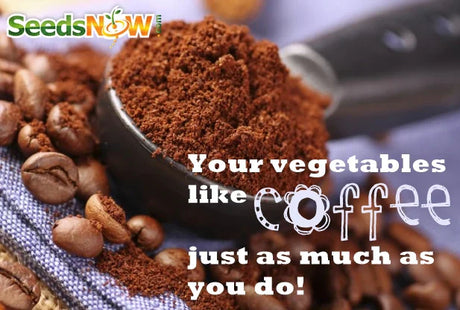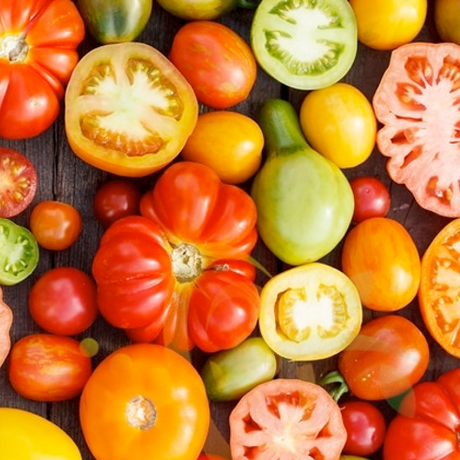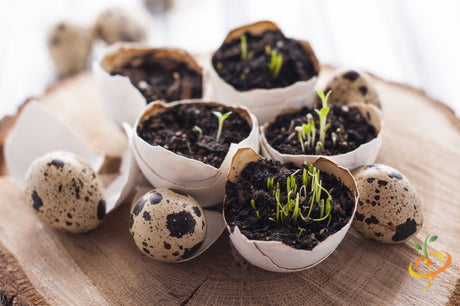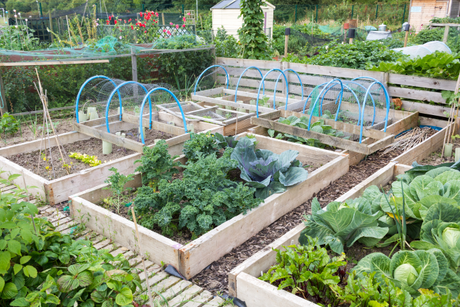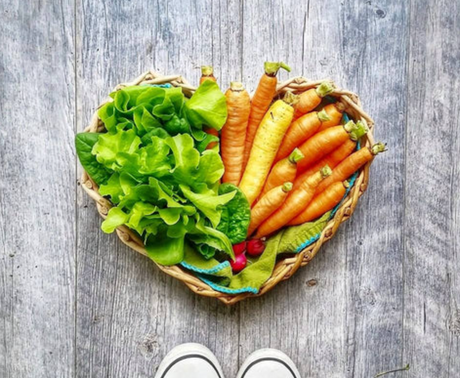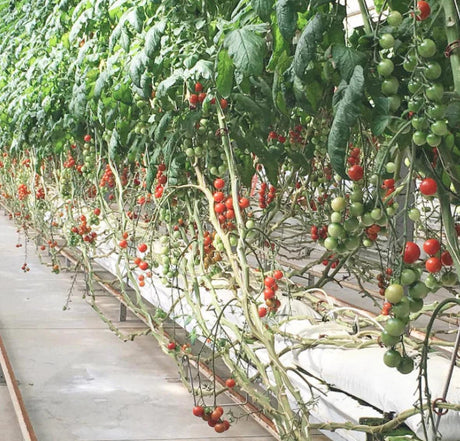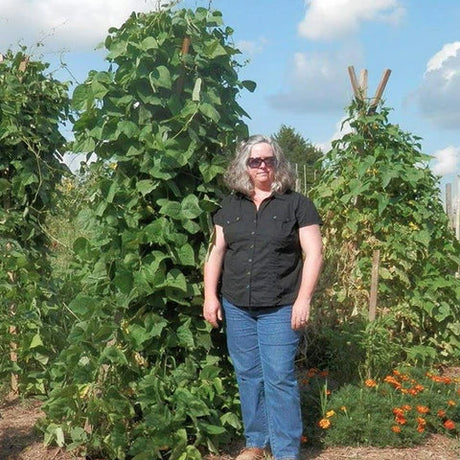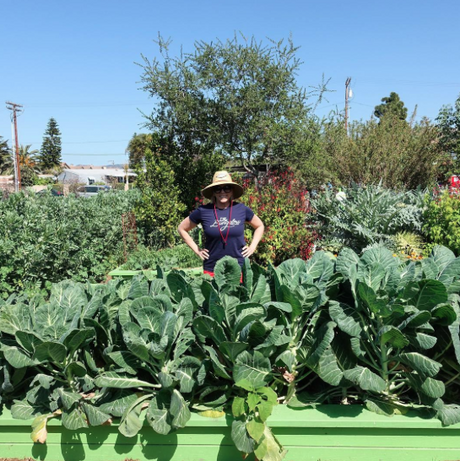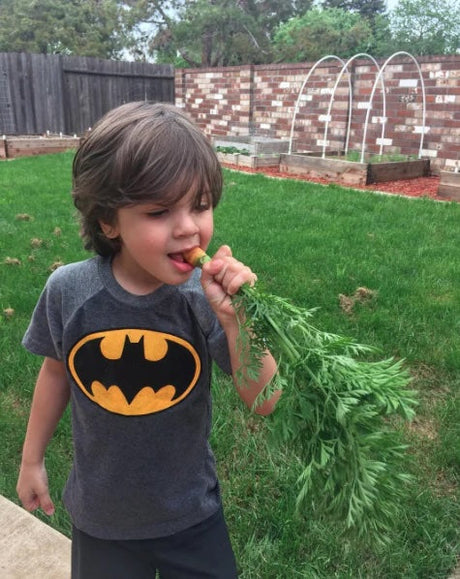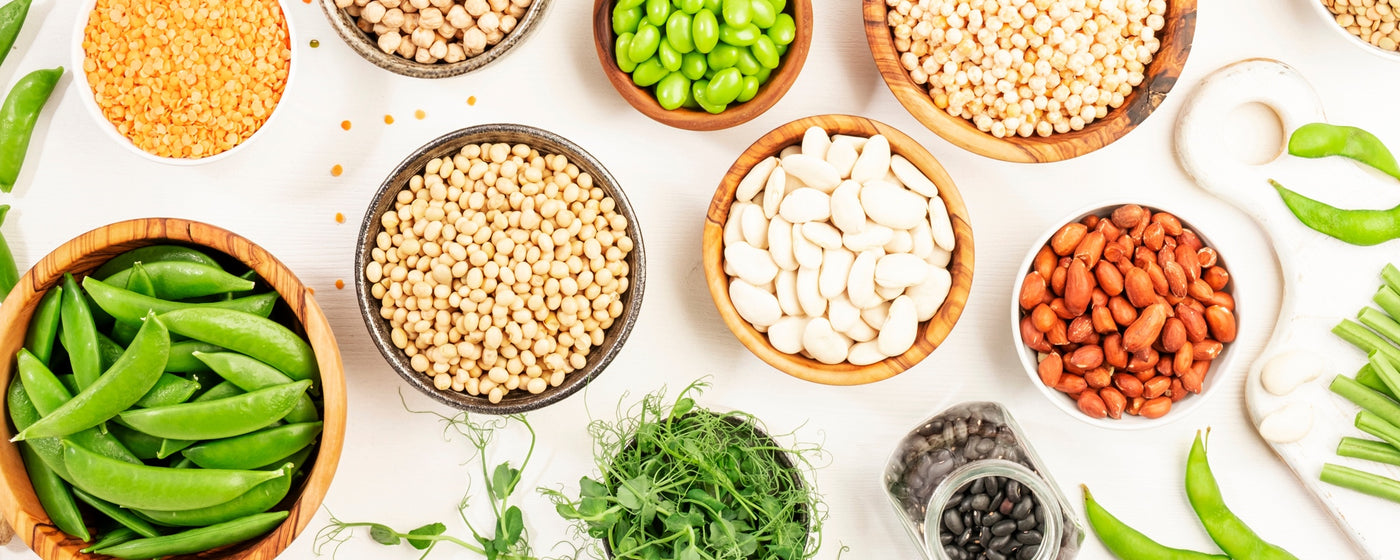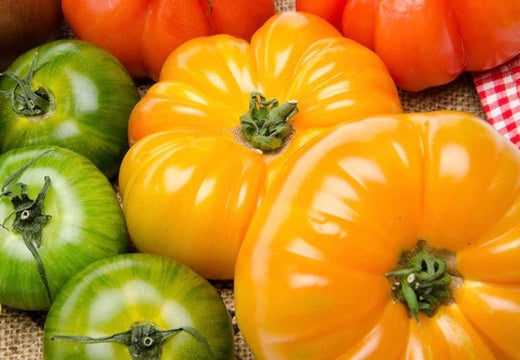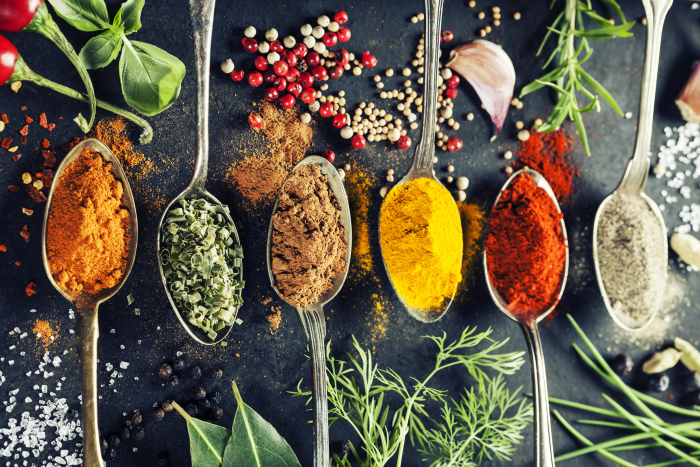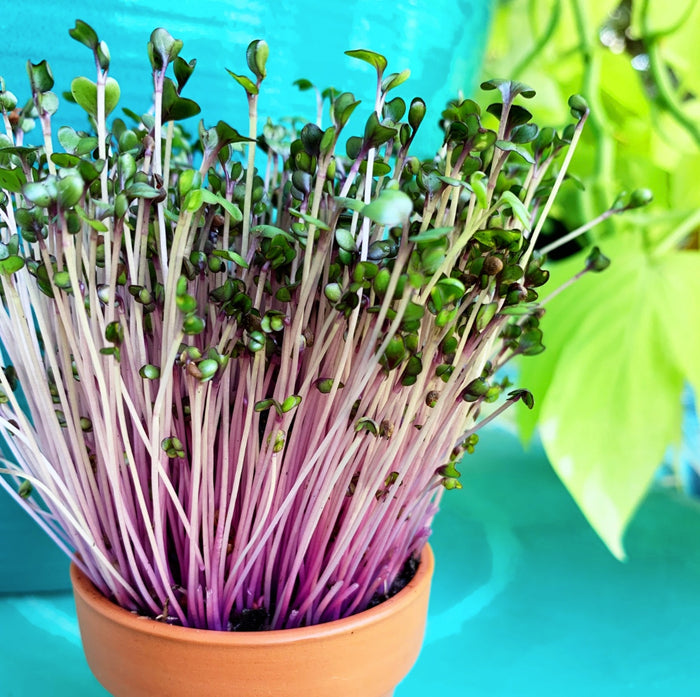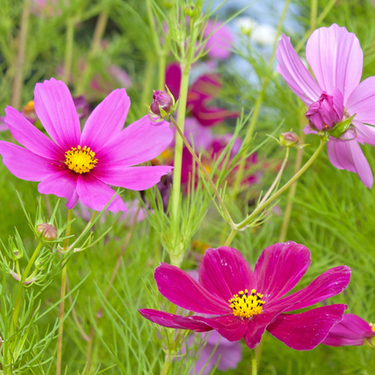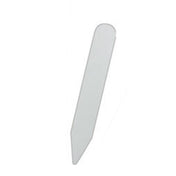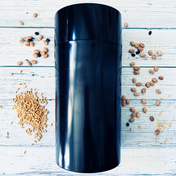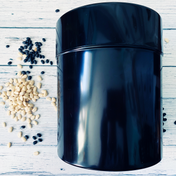|
About Eggplant
Eggplant is a versatile fruit often used in Italian dishes such as ratatouille, caponata, and lasagna. Eggplant easily absorbs the flavors of whatever sauce it is cooked in. Interestingly, all parts of the plant are poisonous, except the fruit.
Eggplants require a long, warm growing season, as they're sensitive to cool climates and are extremely sensitive to any frost and light freezing. Four months of 60-85 degree temperatures is the ideal climate. In the cooler spring climates, the plants must be started indoors. They can be grown successfully in containers in city gardens.
When to Plant
Start seed indoors to allow at least 10 weeks for young plants to develop. When the seedlings are about 3 inches tall, transplant them to individual pots; when they are about 6 inches high, they are ready to be planted outdoors. Harden off seedlings and plant outdoors when days and nights are warm.
How to Plant
In rows 3 feet apart, with 2 feet between plants. Where cutworms are a problem, protect seedlings with a paper collar. Each plant should bear an average of 4 fruits.
Make sure outdoor soil temperature is at least 55-60F before transplanting; otherwise they will become stunted, turn yellow, and are slow to bear. Difficulties growing eggplant are often related to cool weather conditions. Plant them in the hottest, sunniest spot available and cover with plastic jugs (bottom cut out, cap off) until leaves poke through the top. As frost approaches, pinch back new blossoms so that plant nutrients are channeled into the remaining fruits.
How to Harvest
A glossy coating on the fruit is a sign of readiness. Dull coatings or seeds that have turned brown indicate overripe fruits. Eggplants should be picked as soon as they are ripe, with slightly immature fruits tasting best.
Because the stem is woody, cut, do not pull, the fruit from the plant. Store picked fruit in a cool place until it is eaten.
Eggplant deteriorates rapidly, so don't wait too long to use it.
|




